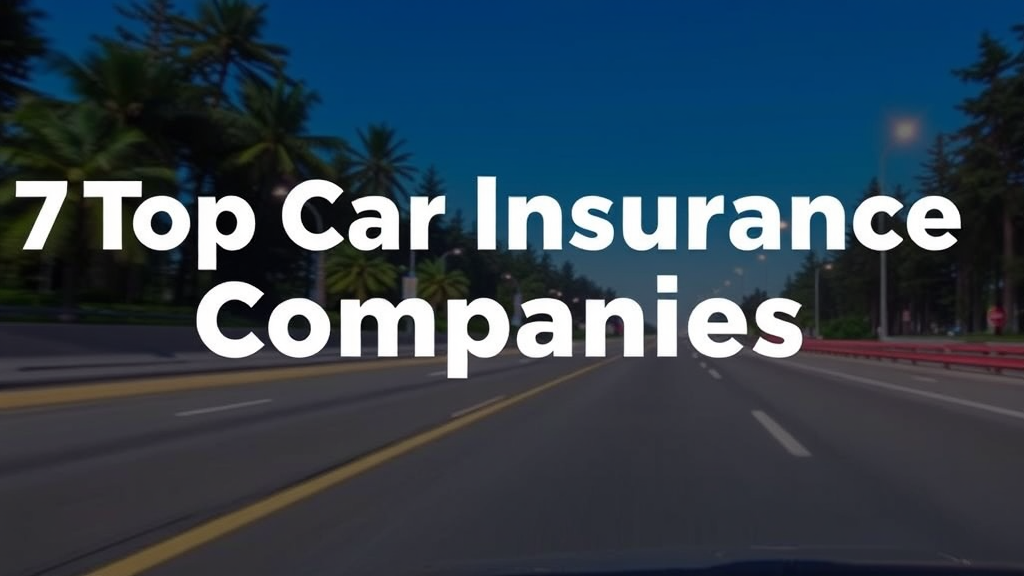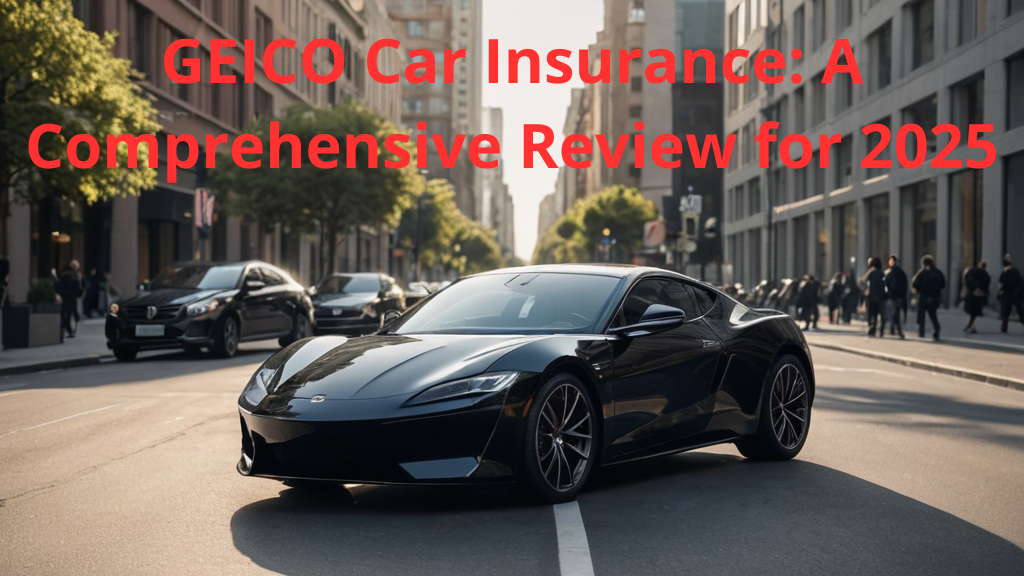In the dynamic landscape of 2025, securing the right car insurance is more crucial than ever for drivers across the United States. With evolving regulations, fluctuating economic conditions, and a myriad of providers, understanding your options can seem daunting. This comprehensive guide aims to demystify the process, providing you with up-to-date, accurate information on the leading car insurance companies in America. Our goal is to empower you to make informed decisions, ensuring you get optimal coverage at the most competitive rates. We’ll delve into key factors influencing insurance costs, highlight top-rated providers, and offer actionable insights to help you navigate the complexities of auto insurance in the US.
Car insurance is not just a legal requirement in most states; it’s a vital financial safeguard against unforeseen circumstances on the road. From minor fender-benders to major accidents, having adequate coverage protects you from significant financial burdens, covering everything from vehicle repairs to medical expenses and liability claims. As of June 2025, the national average cost of car insurance in the United States stands at approximately 2,314annually,or2,314 annually, or 193 per month. However, this figure can vary dramatically based on numerous factors, including your location, driving history, vehicle type, and the specific car insurance companies you choose.
This article is meticulously researched, drawing data from reputable sources to provide you with the most current and reliable information. We understand the importance of factual accuracy, especially when it comes to financial decisions like selecting an auto insurance policy. By the end of this guide, you will have a clear understanding of the best car insurance companies, how to compare their offerings, and strategies to reduce your premiums without compromising on essential coverage. Let’s embark on this journey to unlock significant savings and secure your peace of mind on American roads.
Top 7 Car Insurance Companies in the USA for 2025
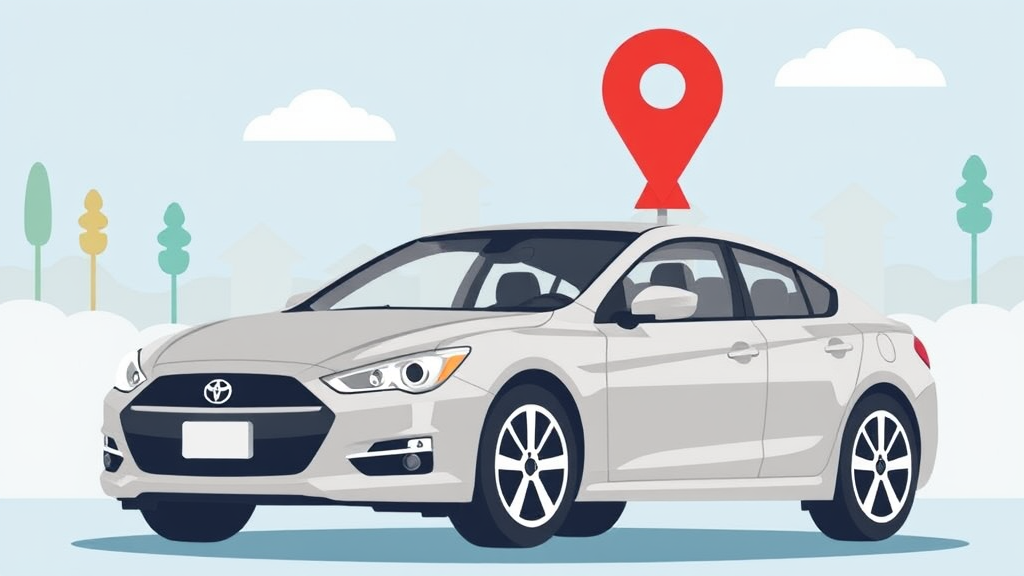
Choosing the right car insurance company is a critical decision that can significantly impact your financial security and peace of mind. To help you make an informed choice, we have analyzed numerous providers based on factors such as customer satisfaction, financial strength, coverage options, and affordability. Here are the top 7 car insurance companies in the USA for 2025:
1. Travelers: Best Overall
Travelers consistently ranks as one of the best car insurance companies in the nation, and for good reason. With a strong reputation for customer service and a wide array of coverage options, Travelers caters to a diverse range of drivers. The company’s financial stability is reflected in its A++ (Superior) rating from AM Best, ensuring that it can meet its financial obligations to policyholders. For good drivers, the average annual cost is approximately $1,597, which is highly competitive in the current market. Furthermore, 87% of customers report satisfaction with their claims experience, a testament to the company’s efficiency and reliability.
2. USAA: Best for Military Members and Veterans
USAA is renowned for its exceptional customer service and competitive rates, exclusively serving military members, veterans, and their families. The company consistently receives top marks for customer satisfaction, with 84% of policyholders expressing contentment with their claims experience. USAA’s financial strength is also top-tier, with an A++ (Superior) rating from AM Best. The average annual cost for good drivers is around $1,475, making it one of the most affordable options for those who qualify. While its services are not available to the general public, USAA remains a top choice for the military community.
3. Erie Insurance: Best for Claims Handling
Erie Insurance stands out for its exceptional claims handling, with an impressive 90% customer satisfaction rate. This high level of satisfaction is a clear indicator of the company’s commitment to providing a smooth and efficient claims process. Erie’s financial strength is rated A+ (Superior) by AM Best, providing policyholders with confidence in the company’s ability to pay out claims. The average annual cost for good drivers is approximately $1,866. While slightly higher than some competitors, the superior claims experience often justifies the premium for many drivers.
4. Nationwide: Best Rates for the General Public
Nationwide offers some of the most competitive rates for the general public, with an average annual cost of $1,452 for good drivers. This affordability, combined with a solid reputation for customer service, makes Nationwide an attractive option for a wide range of consumers. The company has an A (Excellent) financial strength rating from AM Best and an 85% customer satisfaction rate for claims. Nationwide’s combination of affordability and reliability makes it a strong contender among the top car insurance companies.
5. Geico: Great for Drivers With Poor Credit
Geico is a well-known name in the insurance industry, and it particularly excels in providing affordable options for drivers with poor credit. With an average annual cost of $1,849 for good drivers, Geico offers competitive rates and a user-friendly digital experience. The company boasts an A++ (Superior) financial strength rating from AM Best and an 86% customer satisfaction rate for claims. Geico’s accessibility and affordability make it a popular choice for millions of drivers across the country.
6. Progressive: Best for Drivers With a DUI
Progressive is a leading provider of car insurance, offering a wide range of coverage options and innovative tools to help drivers save money. The company is particularly notable for its willingness to insure high-risk drivers, including those with a DUI on their record. The average annual cost for good drivers is around $2,000, and the company has an A+ (Superior) financial strength rating from AM Best. While its customer satisfaction rate for claims is slightly lower at 77%, Progressive’s flexible underwriting and competitive rates for high-risk profiles make it a valuable option for many.
7. State Farm: Best for Local Agent Support
State Farm is the largest auto insurer in the United States, with a vast network of local agents providing personalized service to customers. This extensive agent network is a key differentiator for State Farm, offering a human touch that many customers appreciate. The company has a strong financial standing and a reputation for reliability. While specific cost data can vary, State Farm is known for its comprehensive coverage options and commitment to customer support. For those who value a personal relationship with their insurance provider, State Farm is an excellent choice.
Factors Influencing Your Car Insurance Costs
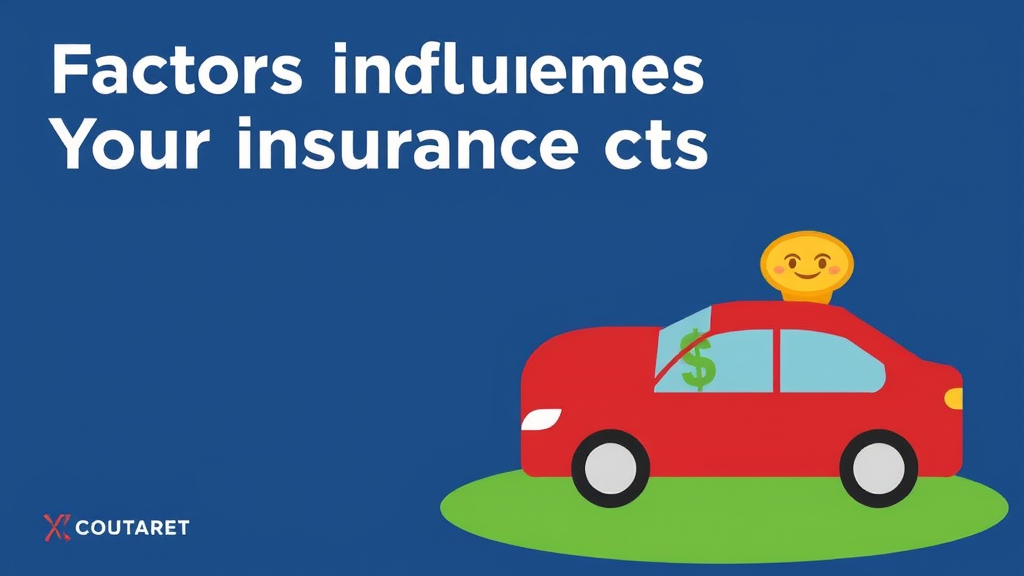
Understanding the various factors that influence your car insurance premiums is key to finding affordable coverage. Insurance companies assess a multitude of variables to determine your risk profile and, consequently, the cost of your policy. Here are the primary factors that impact your car insurance rates:
1. Driving Record
Your driving history is one of the most significant determinants of your insurance rates. A clean driving record, free of accidents, traffic violations, and DUIs, will typically result in lower premiums. Conversely, a history of at-fault accidents or multiple moving violations signals a higher risk to insurers, leading to increased costs. Insurance companies often look back three to five years when assessing your driving record.
2. Location
Where you live and park your vehicle plays a substantial role in your insurance costs. Urban areas with higher population densities, increased traffic, and higher rates of theft or vandalism generally have higher insurance premiums. States with a higher number of uninsured drivers or more expensive repair costs also tend to have higher average rates. For instance, as of June 2025, states like Maryland and Connecticut have significantly higher average car insurance costs compared to Vermont or Maine [1].
3. Age and Gender
Age and gender are demographic factors that insurers consider. Younger, less experienced drivers, particularly teenagers, face the highest insurance rates due to their statistically higher risk of accidents. Rates typically decrease as drivers gain more experience and reach their mid-20s. While the impact of gender on insurance rates has diminished in some states due to regulations, it can still be a factor in others, with young males often paying more than young females.
4. Type of Vehicle
The make, model, year, and safety features of your car directly affect your insurance premiums. More expensive cars, luxury vehicles, sports cars, and those with high repair costs or a high theft rate will generally cost more to insure. Vehicles with advanced safety features, such as anti-lock brakes, airbags, and anti-theft devices, may qualify for discounts due to their reduced risk of accidents or theft.
5. Credit Score
In many states, your credit-based insurance score is a factor in determining your premiums. Insurers use these scores as a predictor of how likely you are to file a claim. Individuals with higher credit scores often pay lower insurance rates, as they are statistically less likely to file claims. Maintaining a good credit score can therefore lead to significant savings on your car insurance.
6. Coverage Level and Deductibles
The amount and type of coverage you choose directly impact your premium. Opting for higher liability limits, comprehensive, and collision coverage will increase your costs compared to minimum coverage. Similarly, your deductible—the amount you pay out-of-pocket before your insurance kicks in—also affects your premium. A higher deductible typically results in a lower premium, but it means you’ll pay more if you file a claim.
7. Annual Mileage
How much you drive annually can also influence your insurance rates. The more miles you put on your car, the higher the risk of being involved in an accident, which can lead to higher premiums. Some insurance companies offer discounts for low-mileage drivers or offer usage-based insurance programs that track your driving habits.
8. Discounts
Most car insurance companies offer a variety of discounts that can help reduce your premiums. These can include multi-policy discounts (bundling auto with home insurance), multi-car discounts, good student discounts, safe driver discounts, defensive driving course discounts, and discounts for certain occupations or affiliations. Always inquire about available discounts to maximize your savings.
Frequently Asked Questions (FAQs) About Car Insurance in the USA
Navigating the world of car insurance can bring up many questions. Here are some of the most frequently asked questions to help clarify common concerns:
Q1: How often should I compare car insurance quotes?
A: It is recommended to compare car insurance quotes at least once a year, or whenever there are significant changes in your life, such as moving to a new state, buying a new car, getting married, or adding a new driver to your policy. Shopping around can help you find better rates and ensure you are getting the best value for your money.
Q2: What is the difference between full coverage and minimum coverage?
A: Minimum coverage refers to the lowest amount of insurance required by your state law. This typically includes liability coverage for bodily injury and property damage you cause to others. Full coverage usually includes liability, collision (covers damage to your car from an accident, regardless of fault), and comprehensive (covers damage to your car from non-collision events like theft, vandalism, or natural disasters) coverages. Full coverage offers broader protection but is more expensive.
Q3: Can my credit score affect my car insurance rates?
A: Yes, in most states, your credit-based insurance score can affect your car insurance rates. Insurers use these scores as a predictor of how likely you are to file a claim. Generally, a higher credit score can lead to lower insurance premiums.
Q4: Are there ways to lower my car insurance premium?
A: Absolutely! Many strategies can help lower your premium, including maintaining a clean driving record, increasing your deductible, bundling multiple policies (e.g., auto and home insurance), taking defensive driving courses, asking about discounts (e.g., good student, low mileage, safe driver), and choosing a car that is less expensive to insure.
Q5: What should I do after a car accident?
A: After a car accident, ensure everyone’s safety first. Then, exchange information with the other driver (name, contact, insurance details), collect evidence (photos, witness contacts), and report the accident to the police if necessary. Finally, notify your car insurance company as soon as possible to start the claims process.
Q6: Why are car insurance rates increasing in 2025?
A: Car insurance rates have been increasing due to several factors, including rising repair costs, increased frequency and severity of accidents, higher medical costs for injuries, and inflation. Some reports indicate an average increase of 7.5% in 2025 .
Q7: Is USAA car insurance available to everyone?
A: No, USAA car insurance is exclusively available to current and former military members, their spouses, and their eligible children. This exclusivity allows USAA to tailor its services and benefits specifically to the military community.
How to Choose the Best Car Insurance Company for You
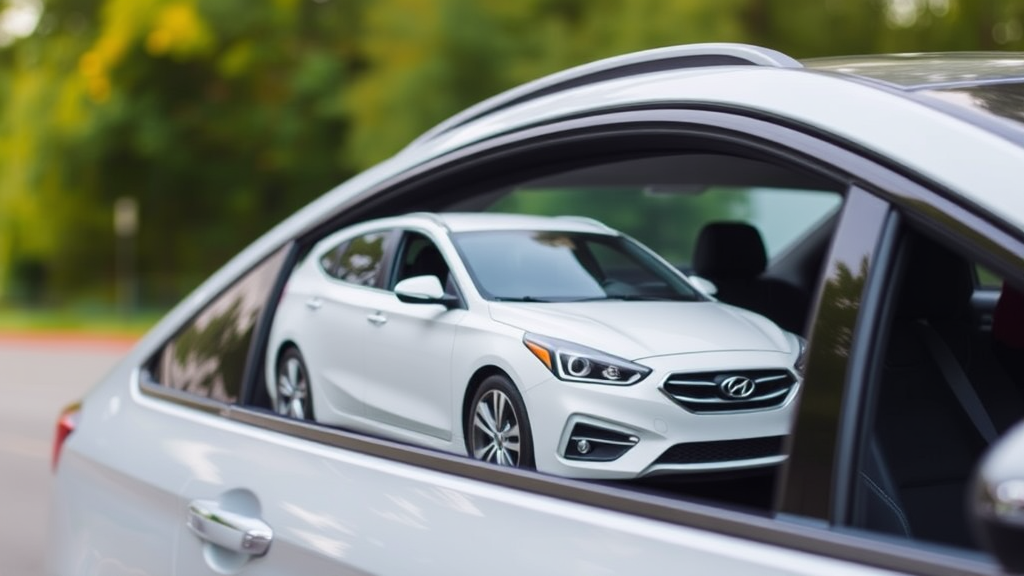
Selecting the ideal car insurance company involves more than just looking for the cheapest premium. It requires a careful evaluation of your individual needs, the company’s reputation, and the value they offer. Here’s a step-by-step guide to help you choose the best car insurance company:
1. Assess Your Coverage Needs
Before you start comparing quotes, understand what type and amount of coverage you need. Consider your vehicle’s value, your financial situation, and your risk tolerance. Do you need minimum liability, or do you prefer the comprehensive protection of full coverage? Think about additional coverages like roadside assistance, rental car reimbursement, or personal injury protection.
2. Compare Quotes from Multiple Providers
Don’t settle for the first quote you receive. Obtain quotes from at least three to five different car insurance companies. Prices for the same coverage can vary significantly between insurers. Online comparison tools and independent insurance agents can help you gather multiple quotes efficiently. Remember to compare apples to apples – ensure the coverage limits and deductibles are consistent across all quotes.
3. Research Company Reputation and Customer Service
A low price is attractive, but it shouldn’t come at the expense of reliable customer service. Research the company’s reputation for claims handling, customer satisfaction, and financial stability. Websites like J.D. Power, Consumer Reports, and the National Association of Insurance Commissioners (NAIC) provide valuable insights into customer complaints and financial ratings. A financially strong company with a good track record of paying claims promptly is crucial.
4. Look for Discounts
Most car insurance companies offer a variety of discounts that can significantly reduce your premium. Inquire about discounts for safe driving, good student status, bundling multiple policies (e.g., home and auto), low annual mileage, anti-theft devices, and paying your premium in full. Don’t assume discounts will be automatically applied; always ask what you qualify for.
5. Understand Policy Terms and Conditions
Read the fine print of any policy before committing. Understand what is covered, what is excluded, and what your responsibilities are as a policyholder. Pay close attention to deductibles, coverage limits, and any specific clauses that might affect your claims.
6. Consider Local Agent Support
While online platforms offer convenience, some individuals prefer the personalized service of a local agent. If you value face-to-face interactions, expert advice, and assistance with complex claims, consider car insurance companies that have a strong local agent presence, such as State Farm.
7. Read Customer Reviews
While official ratings are important, real-world customer reviews can offer valuable perspectives on a company’s strengths and weaknesses. Look for patterns in reviews regarding claims processing, billing, and overall customer support. This can provide a more holistic view of what to expect as a policyholder.
By following these steps, you can confidently choose a car insurance company that not only offers competitive rates but also provides the reliable coverage and excellent service you deserve. Remember, the best car insurance company is the one that best fits your unique needs and budget.
Conclusion: Drive Confidently with the Right Car Insurance
Choosing the right car insurance company in the USA for 2025 is a critical decision that impacts your financial well-being and peace of mind on the road. By understanding the key factors that influence your premiums and carefully comparing offerings from top providers like Travelers, USAA, Erie, Nationwide, Geico, Progressive, and State Farm, you can secure comprehensive coverage that meets your specific needs and budget. Remember to regularly review your policy, explore available discounts, and leverage resources like online comparison tools and customer reviews to ensure you are always getting the best value.
Investing time in researching and selecting the optimal car insurance policy is an investment in your future. It protects you from unexpected financial burdens, provides essential support in the event of an accident, and allows you to drive confidently, knowing you are well-protected. Stay informed, compare wisely, and drive safely!

